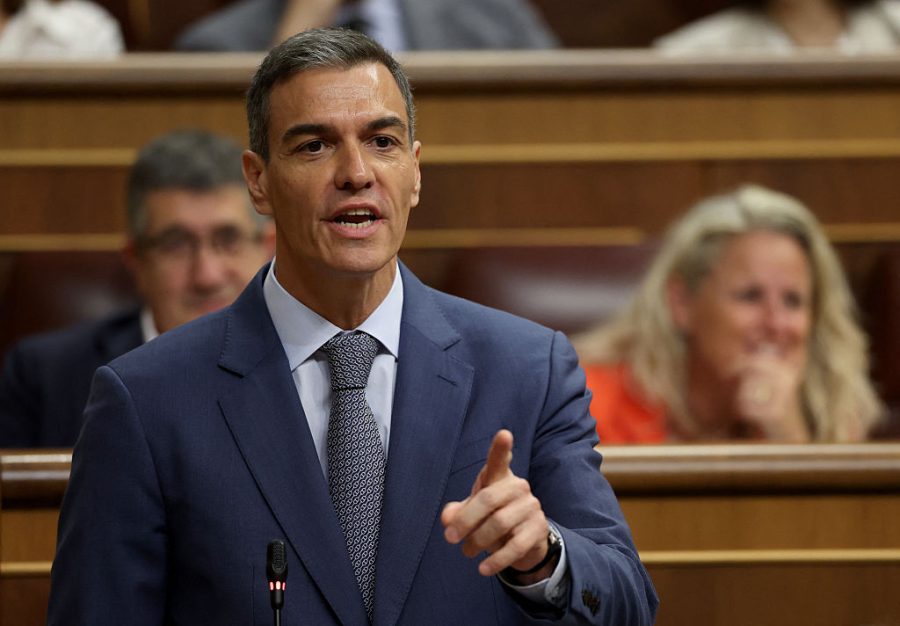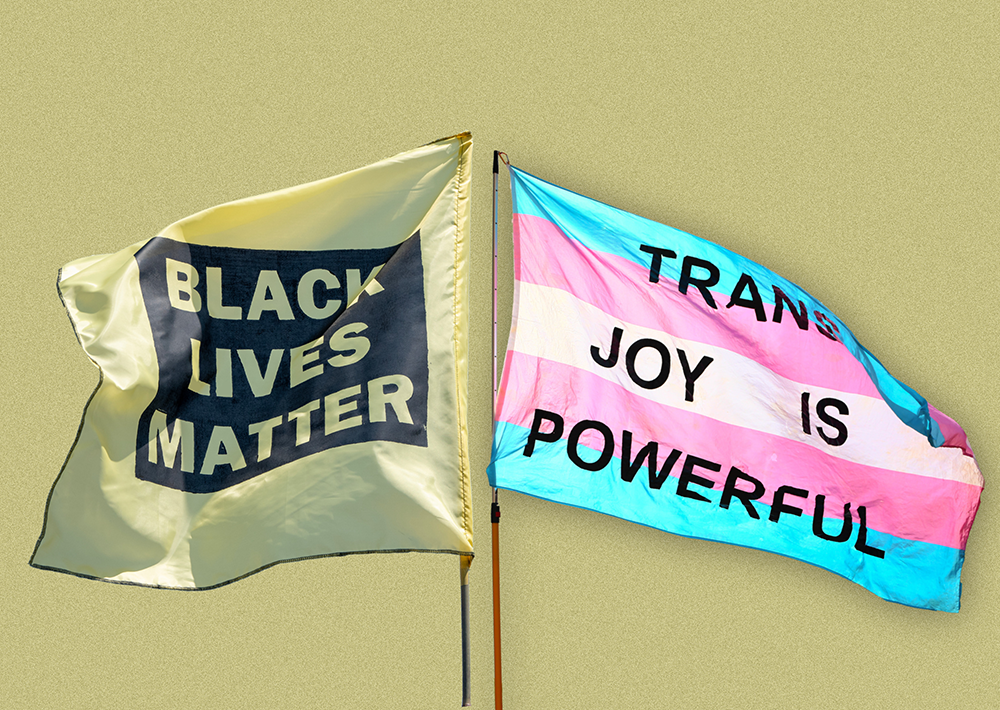Ahead of next week’s Nato summit in The Hague, Spain’s socialist prime minister has refused to increase his country’s defence spending to 5 per cent of GDP. Pedro Sánchez says that the increase, championed by President Trump and backed by Nato Secretary General Mark Rutte, is ‘unreasonable’. His refusal has disrupted preparations for the summit at which all the allies were to be asked to commit to the 5 per cent target.
Spain, currently the lowest spender on defence in Nato, recently pledged to increase from 1.3 to 2 per cent of GDP. To increase to 5 per cent would cost a further €80 billion (£68 billion) a year, Sánchez said in a forthright letter sent to Rutte on Thursday. That would require tax increases and cuts to healthcare, education, pensions, green investment and the much-needed housing budget. Instead Sánchez proposed that Spain be exempted from any spending target agreed next week or at least be allowed to adopt a flexible, voluntary approach.
The events of recent days have left Sanchez’s credibility in shreds
Sánchez’s anti-Trump stance will be well-received by the radical left-wing and separatist parliamentary allies that prop up his fragile minority coalition government. Engulfed in corruption scandals, Sánchez desperately needs their continued support to remain in office. Allegations of kickbacks on public sector contracts and sleaze in his left-wing party emerge almost daily. Even El País, Spain’s centre-left newspaper of record whose support Sánchez can usually count on, has suggested that he should resign.
The most damaging allegations centre on long-standing, systemic corruption in Sánchez’s inner circle. Sánchez has tried, so far unsuccessfully, to distance himself from what he calls the ‘toxic triangle’ of two former right-hand men and a close adviser. This week audio recordings in which the men, who all deny wrongdoing, discuss how to divide the kickbacks as well as the different merits and attributes of various prostitutes whose company they are preparing to enjoy have surfaced.
Those recordings have caused revulsion across Spain and the damage has been compounded by a series of unforced errors by Sánchez. In a parliamentary debate on Wednesday he provoked outrage by describing the corruption allegations as merely ‘an anecdote’. Previously he attempted to dismiss the importance of another recording which appears to show evidence of vote-rigging by two of the toxic trio during his election as party leader in 2014. Unimpressive too are Sánchez’s suggestions that others have done worse things and that his main problem is that he is such a trusting person that it never occurs to him that such things might be going on under his nose.
It is not only Sánchez, though, who is showing signs of strain. Three of his ministers recently claimed that a member of the Guardia Civil police force was plotting to assassinate the prime minister. Even when the accusation, based on fake news, was shown to be false, the ministers refused to withdraw the accusation. A few weeks previously, one of the three, the Deputy Prime Minister, alarmed the public by declaring that the principle of presumption of innocence is a disgrace. When reminded that it’s actually a cornerstone of democratic freedom, she tried to pretend that she’d never suggested otherwise.
Meanwhile, Trump’s press secretary, Karoline Leavitt, has confirmed that the President wants to see all Nato countries pay their fair share towards defence by meeting the 5 per cent target. She said that she had not yet seen ‘Spain’s comments’ but ‘would make sure the President sees them’.
But Sánchez’s resistance to the increase in defence spending may not pose a long-term obstacle for Trump. Sánchez came to power promising ‘democratic regeneration’, so the events of recent days have left his credibility in shreds. With revulsion growing and further revelations expected, it seems increasingly unlikely that his government will survive until August 2027 when the next general election is due.
Whenever that election is held, it’s likely to usher in a right-wing coalition government of the Partido Popular and Vox. Vox in particular is strongly supportive of Trump. So, despite Spain’s pacifist tradition – a 2024 Gallup survey showed that only 29 per cent of citizens were willing to take up arms in case of war, compared to a global average of 52 per cent – Spain’s next government may well be more willing to align with Trump’s defence priorities.







Comments